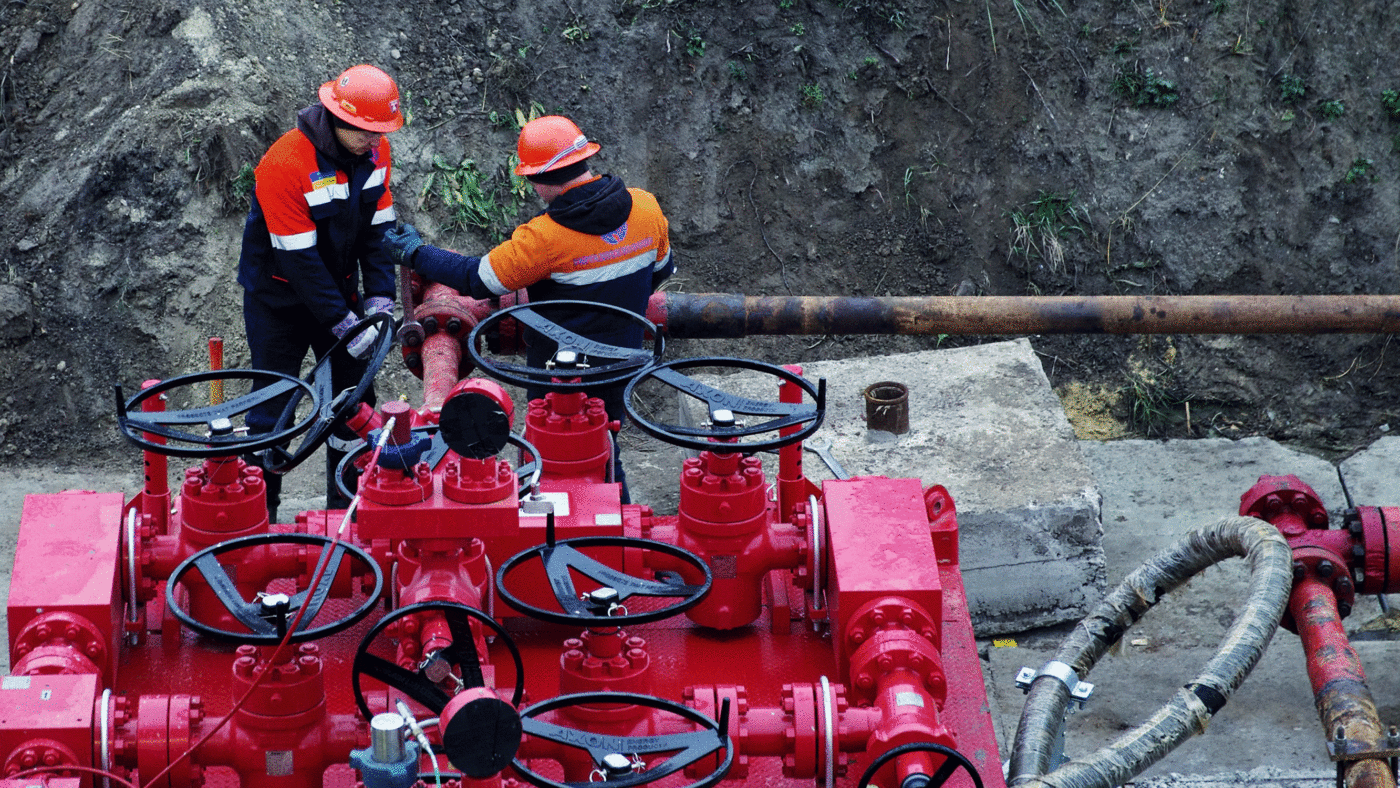We’ve heard plenty about the precipitous decline in Russia’s economy since the West imposed sweeping sanctions. The rouble has plummeted, firms can’t get high-tech components from the West, oligarchs’ yachts have been seized and tens of thousands of the country’s most able young people have left the country.
But cutting off Russia also has an effect on the rest of the world’s economy. Other countries need to prepared to pay more not just for wheat, grains and nickel, but also domestic energy and petrol. Supply chains involving Russian goods will be disrupted and Russian bonds may default in the coming days or weeks.
It’s not just about the Russian economy though. The near-freezing of Ukraine’s economy not only spells peril for countries reliant on its wheat exports, but has myriad other effects. Take the automotive sector, where Volkswagen, BMW and Porsche are all dealing with a shortage of wire harnesses they would normally source from Ukraine.
And while Ukraine’s steadfast courage in the face of Russia’s aggression has set a remarkable example, the West can also learn from our experience of decoupling from Russia. Ever since the war started in 2014, Ukraine has been steadily decreasing its reliance on its most long-term ally and neighbour. Right after the war broke out, Ukraine imposed sanctions on everything from consumer goods, alcohol and tobacco, to vehicles and fertilisers. Russia’s role as an export market has also been steadily declining and it now comprises only 5% compared to around a third of all the Ukrainian exports back in 2013.
My country’s biggest challenge, similar to the one facing the rest of the world now, was reliance on Russian energy. When the German government signed the now-postponed Nord Stream 2 pipeline, which would have bypassed Ukraine, it became clear we would need an alternative solution. Ukraine does have its own natural gas processing industry via the catchily named state-owned company UkrGazVydobuvannya, encompassing the full production cycle from exploration and field development to processing, refining and sales. The capacities of the industry though are not quite sufficient. While the company has kept functioning all throughout the war and perid of martial law, it can only provide for 14,000 of 17,000 cbm of domestic demand, while industrial demand is even higher.
In search of securing a stable gas supply, Ukraine has resorted to buying reverse gas from Europe – the same gas it transported through its territory from Russia, and that some EU states were profiting from by selling back to Ukraine. In the meantime, Kyiv started actively pursuing its hydrogen strategy, with exports of blue, black and green hydrogen. A deal has been struck with the German government, and co-operation is being developed with the UK. The enormous underground gas storage facilities that Ukraine already operates could also come in useful for developing the industry.
Still, Ukraine remains heavily reliant on Russia for coal, diesel fuel, liquefied natural gas (LNG) and anthracite. Although Ukraine completed its switch to the European electricity grid on March 16, Russian and Belarusian coal is still widely used to fuel power plants. Although we do ship some coal from the US, after the war Ukraine will need to ramp that up and/or look for alternative supplies. Likewise, while Ukraine has diversified its suppliers to include Romania, Poland and Azerbaijan, most of our supply ofdiesel fuel and liquified natural gas still comes from Russia.
It’s little surprise that Ukraine now only has one functioning oil refinery left out of the six it had when the Soviet Union fell. Plants were bought off by Russian ‘investors’ who failed to modernise them and ultimately ran them into the ground, in what now looks like a deliberate ploy to limit Ukraine’s domestic production and cement our reliance on Russian imports. Since the war broke out, President Zelensky has signed a decree nationalising all Russian-owned plants and factories, so once the war is over Ukraine might be able to look forward to a new set of refineries, coal mines, steel plants and lithium mines.
Though Ukraine has born by far the greatest sacrifice since Putin’s invasion, disconnecting Russia from a globalised system undoubtedly will have profound costs for the West too. It’s no overstatement to say every household in Europe will be touched by the consequences of this war.
The blunt truth is that Western governments have brought those costs on themselves through years of appeasing a man they have long known is a tyrannical, murderous dictator. Years of watching the Kremlin’s opponents being jailed or murdered, of domestic dissent being repressed and sovereign countries invaded by Russian states, should not have been swept under the carpet in order to provide handy sinecures for past-it European politicians (here’s looking at you, Gerhard).
Meanwhile, as the rest of the world faces up to the costs of those years of appeasement, Ukraine is left to atone for the West’s sins.
Click here to subscribe to our daily briefing – the best pieces from CapX and across the web.
CapX depends on the generosity of its readers. If you value what we do, please consider making a donation.


